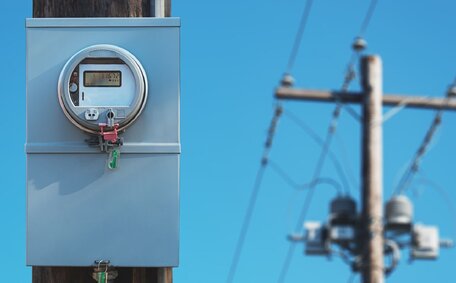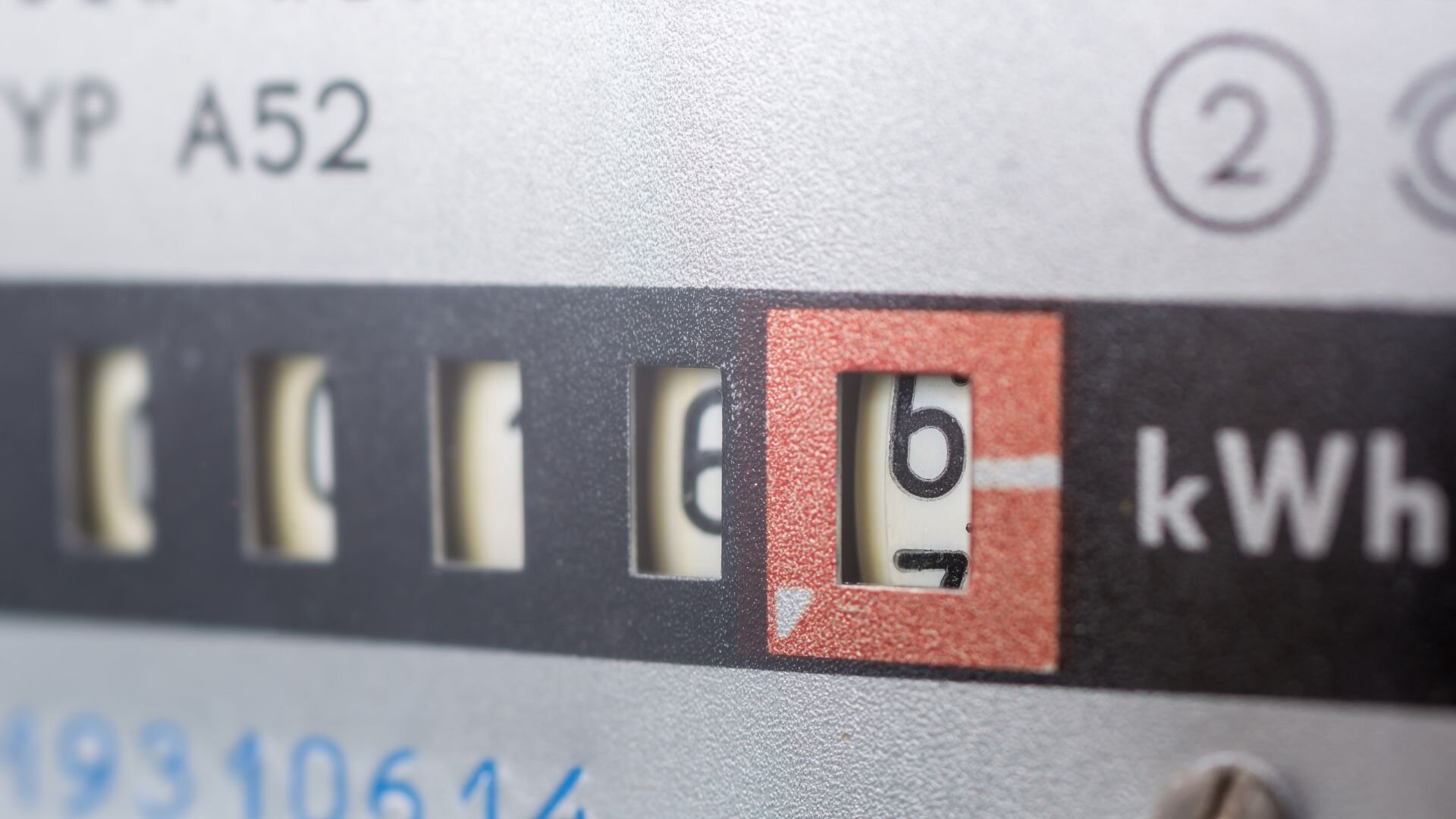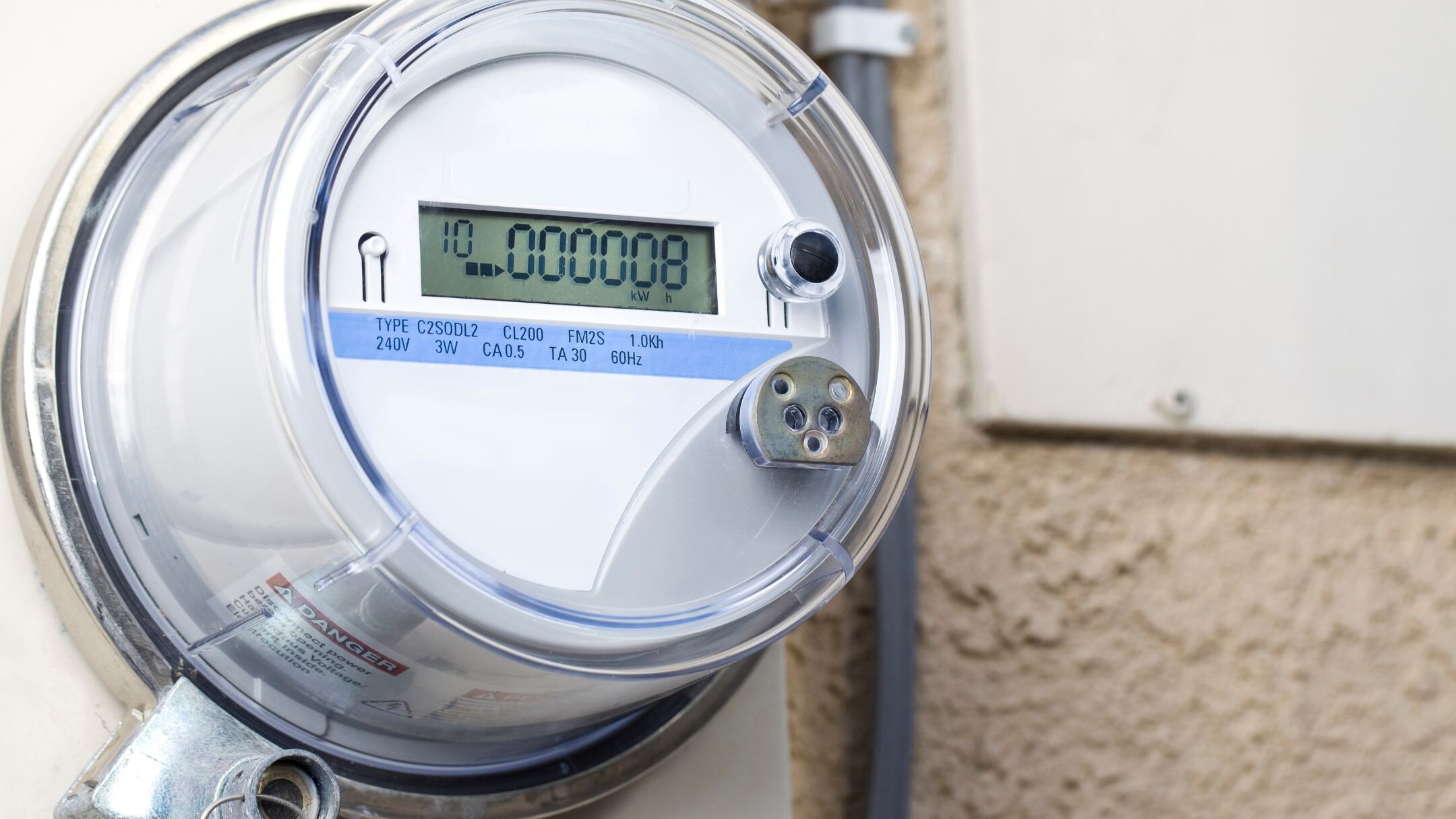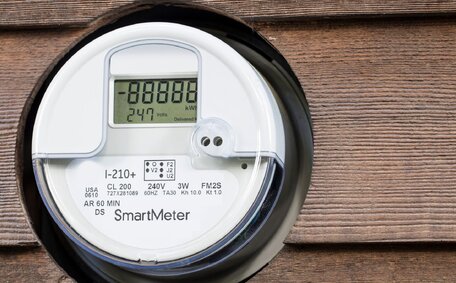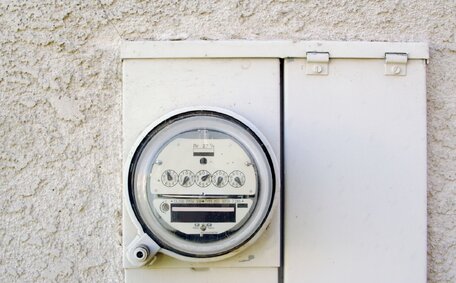Smart meters have changed the game for how we price and use electricity at home. Part of the wider smart grid setup, these advanced meters give real-time data on energy usage, allowing power companies to apply dynamic pricing models. With a new smart meter in place, you can dive into your consumption habits through detailed data.
This means you can manage power more efficiently, likely saving some money. Yet, the perks you enjoy from a smart meter will depend on how you use the data and your specific situation.
As these gadgets keep advancing, it’s crucial to understand their impact on electricity pricing and how you can make the most of them. Throughout this blog, we’ll look at the implications of installing a smart meter and weigh up the benefits and hurdles of this cutting-edge technology.
What are Smart Meters and How Do They Work?
Smart meters, or 'smart meters’ as they’re known in Australia, are digital devices that have transformed the way we understand and manage our energy use. Unlike traditional analogue meters, which only provide a total reading of energy consumed, your smart meter tracks electricity use in real-time, offering a more detailed and accurate picture of your energy habits. Smart meters can help households reduce their electricity costs and promote energy conservation.
So, how do these clever devices work?
![2024 05 Smart Meter For Electricity Smart Meter Electricity]()
At the heart of a smart electricity meter is the electronic meter itself, which records energy consumption. This data is then transmitted wirelessly to utility companies via a communication module using advanced metering infrastructure (AMI) and secure communication networks. Smart grids can enable more efficient management of the electricity supply.
But wait, there’s more!
Modern smart meters now come with a user-friendly display, which shows real-time stats about your energy use. This means not only can utilities manage energy consumption remotely, but you also have the insights needed to make smart choices about your habits.
Being able to view real-time data can be a big motivator for cutting back, especially when prices spike during peak times with time-of-use tariffs.
How Smart Meters Enable Real-Time Pricing
Smart metering is transforming the way we understand and manage electricity consumption. These advanced devices record and transmit energy usage data to utility companies in real-time, typically every 30 minutes. This granular data allows utilities to monitor demand and adjust electricity rates dynamically, reflecting changes in supply and demand conditions in the energy market.
Smart meters enable the implementation of various pricing models that can help consumers save money on their electricity bills.Timeofuse pricing, for example, offers lower rates during off-peak periods and higher rates during peak times. This encourages consumers to shift their electricity usage to off-peak hours when demand is lower, potentially reducing price spikes and strain on the grid.
Another pricing model enabled by smart meters is critical peak pricing (CPP). During periods of exceptionally high demand or when the cost of electricity generation is high, CPP introduces even higher rates to incentivise consumers to reduce their consumption. Real-time pricing (RTP), on the other hand, adjusts rates throughout the day based on real-time market conditions, providing consumers with the most accurate price signals.
The perks of smart meters go beyond saving money for each household. Broadly speaking, smart meters help balance the electricity grid’s supply and demand. This balance cuts down the need for costly peak-time power generation and lowers the chances of outages.
Moreover, these meters foster a greener and more efficient energy system by promoting energy conservation and nudging us to use power during off-peak times.
As smart meter technology continues evolving and becoming more widespread, we expect to see even more innovative pricing models and demand response programs. These advancements will empower consumers with greater control over their electricity consumption and costs while supporting the transition to a cleaner, more resilient energy future.
Benefits of Smart Metres for Residential Customers
Smart meters are revolutionising the way households manage their electricity use and costs. These advanced digital devices measure both electricity and natural gas consumption and offer numerous benefits to residential customers.
Firstly, smart meters enable accurate billing by providing precise, real-time data on energy usage. This means you only pay for what you actually use, eliminating the need for estimated readings and ensuring fair billing from your retailer.
What’s more, smart meters can help you save money through time-of-use tariffs and pricing strategies. By knowing more about your energy consumption patterns, you can shift your usage to off-peak periods when electricity prices are lower, potentially avoiding price spikes during peak demand.
![2024 05 Dial Moving On Smart Meter Dial Moving Smart Meter]()
Smart meter installation also unlocks access to detailed information about your power usage. With this knowledge, you can make informed decisions about energy conservation and efficiency measures in your own home, such as upgrading to energy-efficient appliances or changing your consumption habits.
In addition, smart meters play a crucial role in the transition to a cleaner energy future. Smart grids can integrate renewable energy sources like solar and wind more effectively by balancing supply and demand. Customers who have smart meters can participate in demand response programs to reduce greenhouse gas emissions from fossil fuel power plants, improving overall energy efficiency.
As with any new technology, there are challenges to address, such as data privacy and the need for customer education. However, with proper implementation and communication, the benefits of smart meters for residential customers are significant and far-reaching. Embracing this technology is a smart choice for households looking to take control of their energy usage and costs while contributing to a more sustainable future.
Challenges in Smart Meter Implementation
Despite their many benefits, rolling out smart meters isn’t without its challenges. Technical hiccups can pop up, like issues with fitting them into existing infrastructure or ensuring reliable communications. Successfully blending new meters into the current setup needs careful planning and execution.
Another significant hurdle is the upfront cost of deploying smart meters. Utilities often need to recover these investments through rate adjustments or other mechanisms, which can financially burden both the companies and their customers. The initial expenses associated with smart meter installation can be substantial, and finding the right balance between costs and benefits is crucial.
Convincing consumers about smart meters can also be tricky. Some folks might be hesitant because they don’t fully understand them or worry about privacy and data security. Since smart meters collect detailed household energy data, they can potentially reflect personal information, like how full or busy a home usually is.
These issues call for solid data privacy and security protocols to protect consumer info from being misused or accessed without permission.
Utilities need to develop effective education and communication strategies to overcome these challenges. Providing clear information about the benefits of smart meters, such as the ability to monitor and manage energy consumption more efficiently, can help alleviate concerns and encourage adoption. Transparency in data collection, usage, and protection policies is essential to building trust and fostering a positive relationship with customers.
![2024 05 Smart Meter Installed In Hoouse Smart Meter Installed Hoouse]()
Privacy and Data Security Concerns
Smart meters collect granular data about household electricity and gas usage, which can raise privacy concerns. This detailed information has the potential to reveal personal insights about occupancy patterns, appliance usage, and lifestyle habits. Ensuring the security and confidentiality of this data is paramount to protect consumers’ privacy rights.
Implementing robust data privacy and security measures is crucial to safeguard consumer information from unauthorised access, breaches, or misuse. This includes establishing stringent protocols for collecting, storing, transmitting, and using smart meter data. Encryption, secure communication channels, and access controls should be employed to prevent unauthorised parties from accessing or tampering with the data.
Clear policies and regulations are necessary to govern the use of smart meter data and ensure compliance with privacy laws and standards. Utilities must be transparent about their data practices, informing customers about what data is collected, how it is used, and with whom it may be shared. Providing customers with control over their data, such as the ability to opt out of certain data collection or sharing, can help build trust and address privacy concerns.
Regular security audits and assessments should be conducted to identify and address any vulnerabilities in the smart meter infrastructure. Collaborating with cybersecurity experts and staying up-to-date with the latest security technologies and best practices is essential to maintain a robust and resilient system.
Consumer Education on Using Smart Meters
With smart meters becoming more common, helping consumers understand and make the most of them is key. Utilities have an important job in offering straightforward, accessible information to guide customers through the data their smart meters generate.
One key aspect of consumer education is teaching customers how to read and analyse their energy usage data. Smart meters provide detailed information about electricity and gas consumption patterns, often in 30-minute intervals or even more frequently. Utilities can offer tutorials, guides, or online tools to help customers navigate and interpret this data, enabling them to identify opportunities for energy savings and efficiency improvements.
Beyond data interpretation, utilities can provide practical energy-saving tips and recommendations based on customers’ specific usage patterns. This personalised approach can help consumers make informed decisions about their energy consumption habits, such as shifting usage to off-peak hours when electricity prices may be lower or identifying energy-intensive appliances that could be upgraded to more efficient models.
Developing user-friendly apps or web portals that allow customers to access and monitor their energy usage data easily can further empower consumers. These platforms can provide real-time insights, historical comparisons, and personalised recommendations, making it easier for customers to understand and manage their energy consumption.
Powering Your Home with Smart Meter Technology
In conclusion, smart meters are revolutionising the way we consume and pay for electricity and gas. By providing real-time data on energy usage, smart meters can help households better understand their consumption patterns and make informed decisions to reduce costs. Time-of-use pricing, enabled by smart meters, encourages consumers to shift their energy use to off-peak periods when electricity prices are lower, potentially leading to significant savings on your electricity bills.
Plus, smart meters offer benefits beyond individual households. They play a crucial role in creating a more efficient, reliable, and sustainable energy grid. By helping utilities balance supply and demand, smart meters reduce peak load and minimise the need for expensive electricity generation during peak times.
At Bright Force Electrical, we are committed to helping our customers navigate the world of smart meter technology. Our experienced professionals can guide you through the process of installing a smart meter, understanding your energy data, and finding ways to optimise your electricity and gas consumption. We are here to answer your questions about smart meters and help you make informed decisions about your energy usage.
If you’re interested in learning more about how much energy you’re using, what a smart meter can do for you, and how you can benefit from this technology, contact Bright Force Electrical today. Let us help you unlock the power of smart meters and take control of your energy costs.
